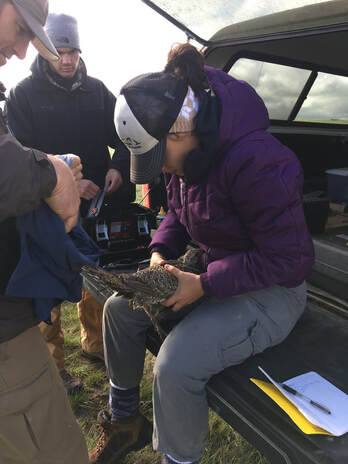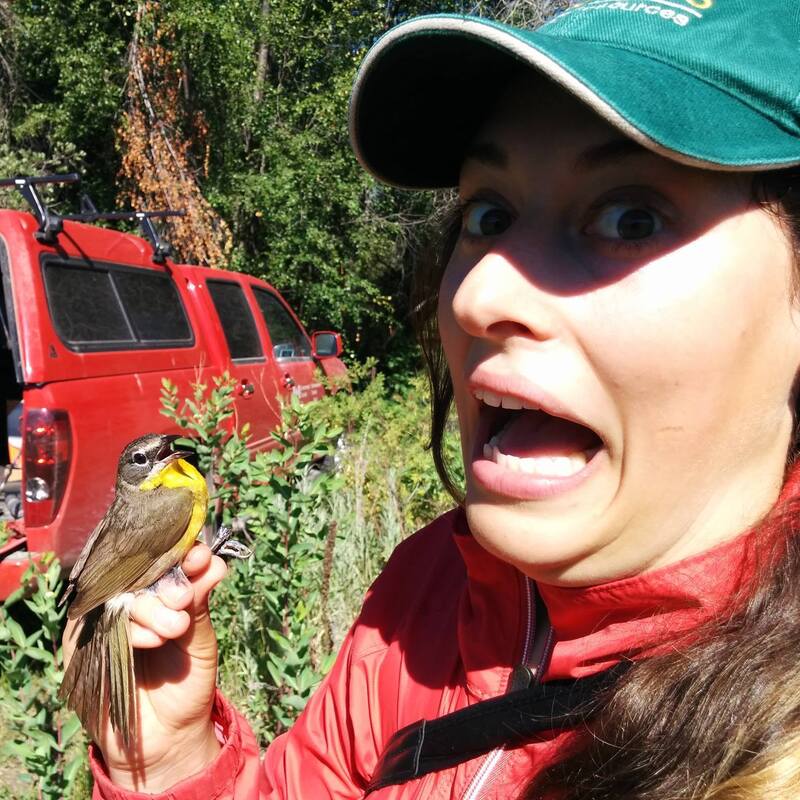|
by Natasha Barlow I still don’t know what I’m doing and what I want out of life. However, in the hopes that some of my experiences may resonate with others, I wanted to share a few tidbits of things that have made me a better scientist, and a better person. These are disjointed thoughts, and are in no specific order, but I hope they will be useful to anyone in the environment field (or otherwise) thinking about jobs, schooling, and life in general. Personal Development:
Jobs and School:
6 Comments
|
ELB MembersBlogs are written by ELB members who want to share their stories about Ontario's biodiversity. Archives
January 2023
Categories
All
|



 RSS Feed
RSS Feed